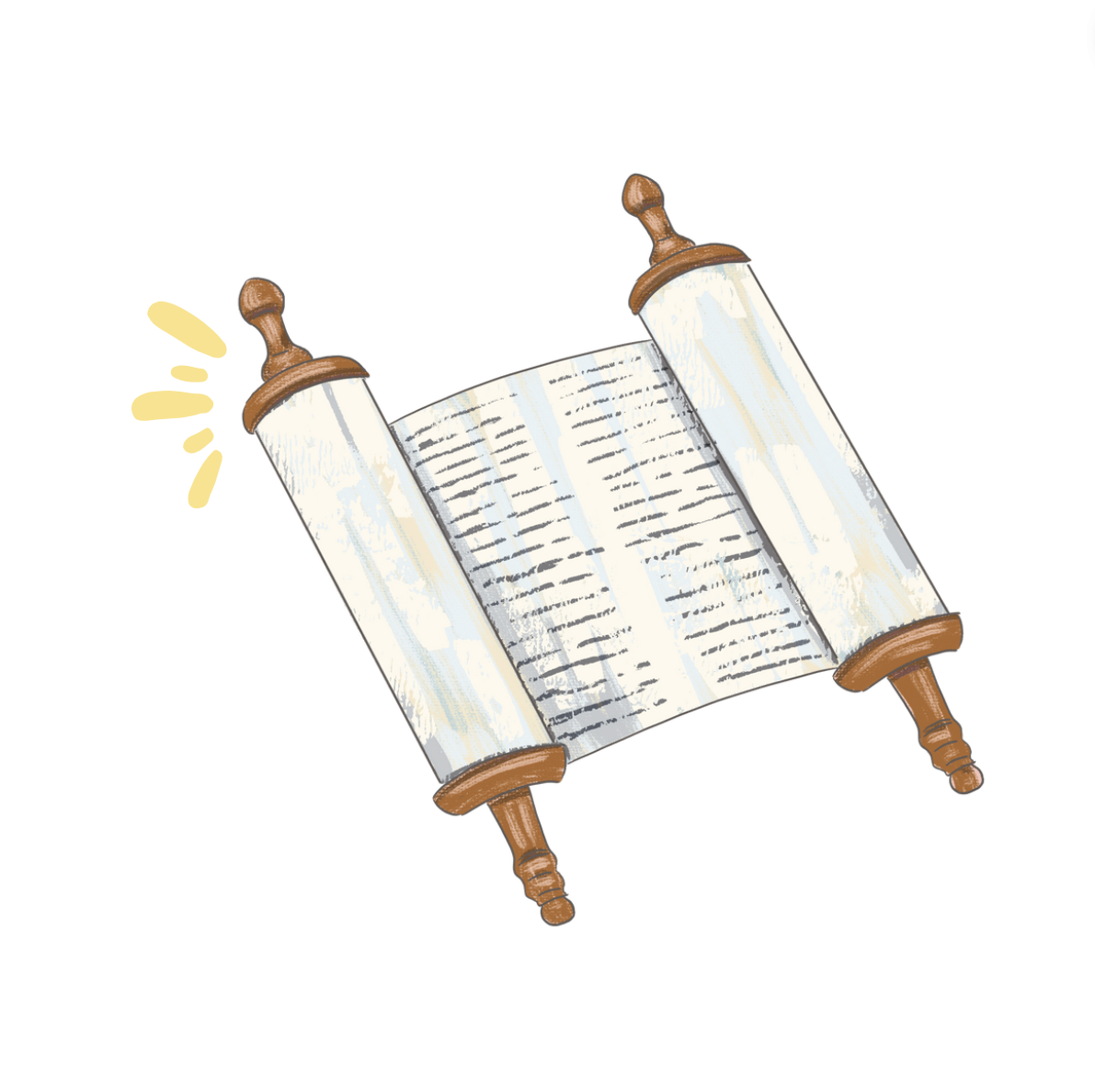Though it feels like our Jewish High Holy Day season ended not so long ago, the next holiday season—the American one—has just begun. It’s officially December, which means that the classic holiday songs are playing, the Starbucks cups have turned red, and the cheer is spreading.
The holidays can be a time of cognitive dissonance for Jews: On the one hand, the holiday season is fun! Our ever-bustling city slows down a bit and is engulfed by coziness and warmth. It’s hard not to feel the sense of hygge, the perfect Danish term meaning “a quality of coziness and comfortable conviviality that engenders a feeling of contentment or well-being” which permeates the city. Kids are off from school, work is quieter, the rigorous schedules we keep are a bit calmer. It is a time to gather with loved ones (especially meaningful after so much isolation over the last few years), a time for generosity, and a time to enjoy increased patience and kindness that seem to pervade our society during this magical season.
On the other hand, the holidays can feel tough. For anyone going through a hard time, the onslaught of so much good cheer can be challenging to face. It can also feel like a time of maximum consumption, with the emphasis on consumerism and copious gift-giving.
And for many Jews, it can feel isolating to be Jewish in a country whose supposedly secular calendar is defined by a different faith. It can feel difficult to explain to children why we might not participate in the fun and beloved traditions of their friends. And for families of more than one faith, it can be tough to make sure that both Christmas and Hanukkah feel sufficiently fun and festive so that one holiday doesn’t “win out” over the other.
But just as our experience of the holidays can be complicated, so too is the story of Hanukkah itself. Though we might immediately think about the miracle of oil, the historical story of Hanukkah is really about a struggle between assimilation and the maintenance of tradition. When the Syrian Greeks, ruled by Antiochus, introduce Greek culture into Jewish society, many Jews are thrilled. They want to partake in the sophisticated culture of their Greek neighbors.
But the Maccabees, the classic heroes of the Hanukkah story, want to ensure that Judaism is not “tainted” by Greek influences. So not only do they fight against their Greek overlords, they also fight against their fellow Jews who want to integrate an outside culture into their sacred traditions. And yet, when the Maccabees emerge victorious, they celebrate by instituting an annual military parade…one of many Greek customs that they fought so vigorously against.
For the next month, I will share reflections on all things Hanukkah, from how the holiday can help us think about contemporary antisemitism, to some strategies to navigate the tension between Hanukkah and Christmas (often called the “December Dilemma”), to ways that we can share more light in the world.
For now, I hope you will join us for our Hanukkah celebrations at JCP, which you can find below. And I wish you a cozy Shabbat, filled with warmth and joy.
Shabbat shalom,
Deena

